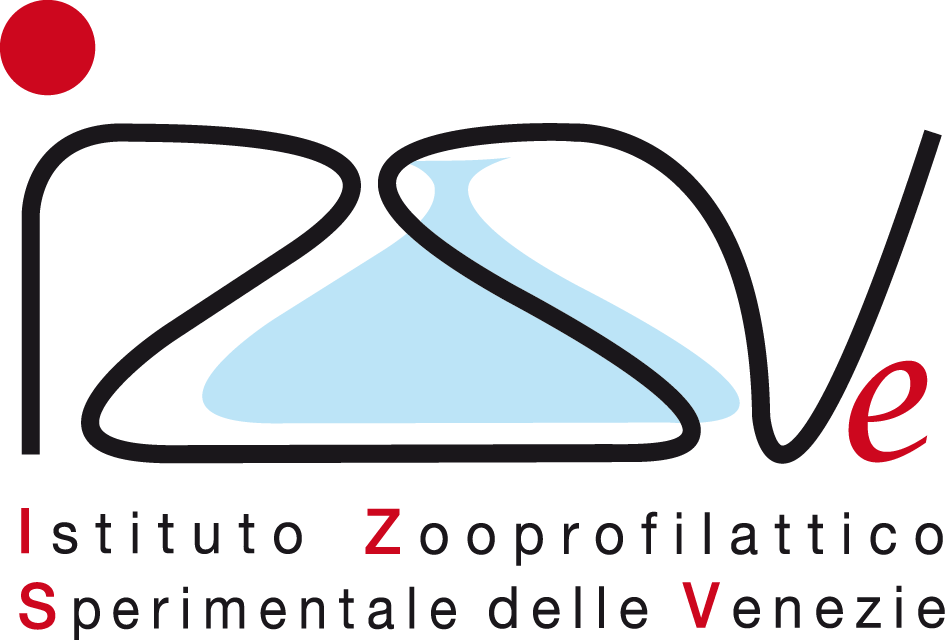National Reference Centre / FAO Reference Centre for Beekeeping and Honey Bee Health

The IZSVe has been active in beekeeping since the 1970s, particularly, in the diagnosis, prevention and control of honey bee diseases. The detection and spread of the Varroa mite throughout Italy was of particular importance in the IZSVe’s becoming a reference laboratory; the IZSVe developed integrated programmes for the control of Varroa destructor infestation, in collaboration with national research institutes in both Italy and other countries.
In 1995, the IZSVe was appointed the Beekeeping Centre of the Veneto Region (Italy). The Centre has also been active in evaluating the quality of honey and other honey bee products and in developing new analytical methods. Another important activity is the detection of residues of veterinary medicines and residues from agriculture and the environment in honey.
Since 1999, the Centre has been accredited by SINAL, Italy’s national laboratory-accreditation body, which verified the ability to conduct the tests for which accreditation was granted, after having verified compliance with the requirements of standard EN ISO/IEC 17025.
In 2003 the IZSVe was appointed the National Reference Centre for Beekeeping by the Italian Ministry of Health, and in 2018 also as the National reference laboratory for honey bee health.
In 2019 the IZSVe was appointed as FAO Reference Centre for Apiculture, Health and Biosecurity (jointly with the Istituto Zooprofilattico Sperimentale del Lazio e Toscana).
Activities and services
The National reference centre for beekeeping currently performs more than 50 different diagnostic and analytical tests for evaluating problems related to beekeeping and beekeeping products. The methods used for the diagnosis of honey bee diseases are those indicated in the “Manual of Standards for Diagnostic Tests and Vaccines for Terrestrial Animals”, edited by OIE/WOAH (7th ed., 2012).
The analytical methods used for determining physicochemical and bacteriological parameters and for residue analysis are regulated (D.M. 25/07/2003) or developed and validated in the laboratory, in accordance with standard UNI EN ISO 17025. Most methods are accredited.
News from the IZSVe on beekeeping and honey bee health
You can read all the news on this topics on this page of the News section of the website: News > News Topics > Beekeeping & Honey bee health
Go to Beekeeping & Honey bee health news »Latest news
Insects are by far the most common animals on the Earth, with over 1.5 million known species. Besides playing a key role in the health ...
Researchers from the National Reference Centre for Beekeeping of the Istituto Zooprofilattico Sperimentale delle Venezie (IZSVe) have developed and validated two analytical methods for quantifying ...
Attention to animal welfare has grown considerably in recent years, appropriately accompanied by regulatory recognition and support for livestock, pets, and animals used for scientific ...
The Italian National Reference Centre for Beekeeping of the Istituto Zooprofilattico Sperimentale delle Venezie (IZSVe) will take part to the international symposium "Honey bee health ...
The «San Michele all’Adige declaration» is a document drawn up and signed by exponents of authoritative research institutions and by key figures in the beekeeping ...
Colony losses in Europe are strongly related to the prevalence of honeybee diseases in the different countries. This situation is likely to worsen with the ...
Contacts
Director of the National Reference Centre for Beekeeping
Franco Mutinelli
E-mail: fmutinelli@izsvenezie.it
View profile >
Secretariat
Tel.: +39 049 8084261
E-mail: segreteria.sc3@izsvenezie.it








